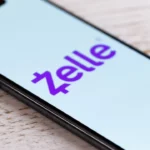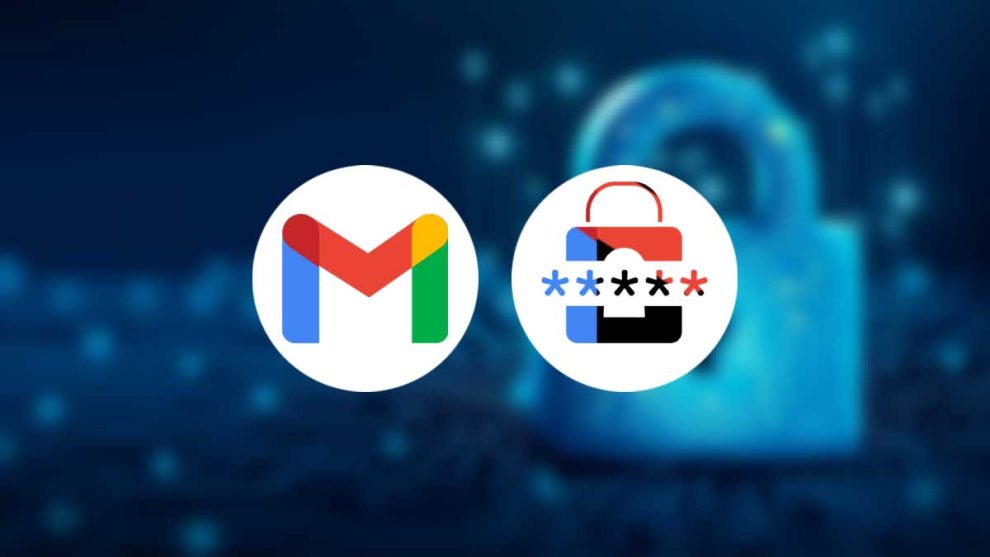As the clock ticks down to September 30, millions of Gmail users are bracing for a significant security update that will reshape how they access their accounts. Google’s latest move to bolster email security will see the tech giant enforcing new password rules, potentially affecting countless users as they start their workweek. This change marks a decisive shift away from traditional username and password logins, pushing users towards more secure authentication methods.
The End of an Era: Google Sync and Less Secure Apps
Standing in the bustling lobby of Google’s headquarters, the air is thick with anticipation. Engineers and security experts hurry past, their faces a mix of determination and excitement. It’s clear that this isn’t just another day at the office – it’s the culmination of a year-long effort to revolutionize email security.
We’ve been working towards this moment for 12 months,” says Sarah Chen, a senior security engineer at Google. It’s about time we moved beyond the antiquated username and password model. The risks are just too high in today’s digital landscape.”
Indeed, Google has been on a security blitz throughout the month. From introducing passkeys for Chrome users across multiple platforms to implementing post-quantum cryptography, the tech giant has been relentless in its pursuit of enhanced user protection.
OAuth: The New Standard for Gmail Access
At the heart of this security overhaul is OAuth, an open standard for access delegation. As I sit in on a briefing with Google’s security team, it becomes clear that this isn’t just a minor tweak – it’s a fundamental shift in how users will interact with their email accounts.
“OAuth allows for a more secure, token-based authentication process,” explains Dr. James Wong, a cybersecurity expert I consulted after the briefing. “It significantly reduces the risk of credential theft and unauthorized access.”
This change means that popular email protocols like CalDAV, CardDAV, IMAP, and POP will no longer support password-based logins. Even Google Sync, a staple for many users, is being phased out in favor of more secure alternatives.

Who’s Affected? Understanding the Scope of the Change
As I walk through the Google campus, speaking with employees and visiting engineers, it becomes clear that this change will have far-reaching implications. All Google Workspace customers will be affected, but personal Gmail account holders will see less dramatic changes.
“Personal users won’t have to worry about their existing setups,” reassures Chen. But they will notice that they can no longer toggle IMAP settings from their account. It’s always enabled over OAuth now.”
For Workspace admins, the transition has already begun. The “less secure apps” setting has been removed from the admin console, preventing the addition of new accounts using the old method.
As the deadline approaches, the Google support team is working overtime to ensure a smooth transition. I spoke with Alex Rodriguez, a senior support specialist, who offered some advice for users:
First, check if your apps are OAuth compatible. If not, look for updates or alternatives. For those using IMAP clients, make sure you’re using the latest version that supports OAuth.”
Rodriguez also stressed the importance of enabling two-factor authentication and using strong, unique passwords for any accounts that still require them.
While wandering the Google campus, I had the chance to speak with several beta testers who have been using the new system. The reactions were mixed but largely positive.
“At first, I was annoyed at having to change my setup,” admits Mark Thompson, a marketing executive and long-time Gmail user. “But after a few days, I realized how much more secure I felt. It’s worth the initial hassle.”
Others, like software developer Lisa Chen, were more enthusiastic from the start. “As someone who deals with sensitive information daily, I’m thrilled to see Google taking such a proactive stance on security,” she says.
As the sun sets on the Google campus, casting long shadows across the manicured lawns, there’s a sense that we’re witnessing a pivotal moment in digital security. This change to Gmail’s authentication process is more than just a policy update – it’s a statement about the future of online safety.
We’re not just securing emails,” Chen tells me as we wrap up our conversation. We’re setting a new standard for digital authentication across the board. This is just the beginning.”
Indeed, as other tech giants watch Google’s move closely, it’s likely we’ll see similar changes rippling across the industry in the coming months and years.
Google’s new Gmail password rules represent a significant leap forward in email security. While the transition may cause some short-term inconvenience, the long-term benefits in terms of enhanced protection against cyber threats are clear. As users prepare for the September 30 deadline, they’re not just updating their login methods – they’re taking a crucial step towards a more secure digital future.
















Add Comment